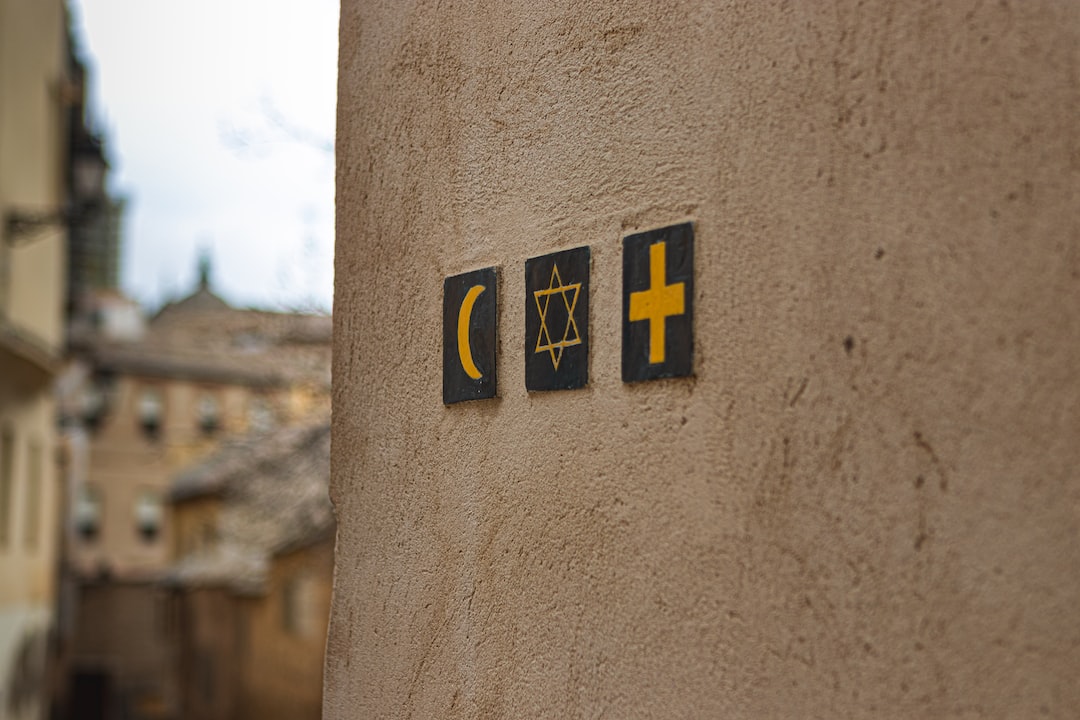The Role of Religion in Promoting Peace and Understanding
Religion has been deeply entrenched in the fabric of human society since the dawn of civilization. Throughout history, religion has played a significant role in shaping cultural norms, ethical systems, and worldviews. While religion has sometimes been a source of conflict and division, it also has the potential to foster peace and understanding among diverse groups. This blog post will explore the role of religion in promoting these values and how religious principles can be harnessed for the greater good.
One fundamental aspect of religion is its ability to provide a moral compass. Across different faiths, religious teachings emphasize virtues such as compassion, love, forgiveness, and humility. These principles, when upheld, can guide individuals towards harmonious relationships with others. For instance, the Golden Rule, a concept present in numerous religions, teaches individuals to treat others as they would like to be treated. This principle sets the foundation for empathy and understanding, ultimately fostering peaceful interactions and resolving conflicts in a spirit of mutual respect.
Furthermore, religions often promote the value of unity and emphasize the shared humanity among all individuals. The concept of a higher power or divine entity serves to underscore the interconnectedness of all people, transcending geographical, cultural, and ethnic boundaries. Religious rituals, gatherings, and festivals can provide opportunities for people from diverse backgrounds to come together, celebrate their commonalities, and appreciate their differences. These communal experiences foster a sense of belonging, break down stereotypes, and build bridges of understanding between different religious communities.
Religious institutions have also played an active role in peacebuilding and interfaith dialogue. Leaders within these institutions can leverage their influence to promote dialogue, cooperation, and reconciliation among different faith groups. Organizations such as the United Religions Initiative and the Parliament of the World’s Religions have brought together religious leaders and practitioners from various traditions to foster understanding and encourage collaboration in addressing global challenges. Interfaith initiatives not only facilitate peaceful coexistence but also help dispel misconceptions and stereotypes that can fuel prejudice and discrimination.
Moreover, religious teachings often emphasize the sanctity of life and the rejection of violence. Across many faiths, adherents are called upon to promote justice, human rights, and the pursuit of peace. For example, the Islamic concept of jihad encompasses the idea of striving for personal spiritual development, as well as the duty to uphold justice and fight against oppression. Similarly, in Christianity, Jesus Christ’s teachings focus on love, forgiveness, and turning the other cheek in the face of violence. By grounding their actions in these religious teachings, individuals can work towards peace and peaceful resolutions of conflicts.
However, it is important to acknowledge that religion can also be misused or misinterpreted to justify violence and division. History has shown numerous examples of conflicts where religious identities have been exploited to fuel hatred and aggression. Acknowledging this reality does not invalidate the potential of religion to promote peace and understanding. Rather, it calls for critical engagement within religious communities to challenge and confront harmful interpretations and practices.
In conclusion, religion holds immense potential in promoting peace and understanding. By upholding their ethical principles, emphasizing unity, and engaging in interfaith dialogue, religious individuals and institutions can contribute to a more peaceful and tolerant world. However, it is crucial that religious communities remain vigilant against the misuse of religion as a source of conflict. By harnessing the positive aspects of religious teachings while critically examining their own practices, religious communities can play a pivotal role in fostering peace, harmony, and mutual understanding in our increasingly diverse and interconnected world.
